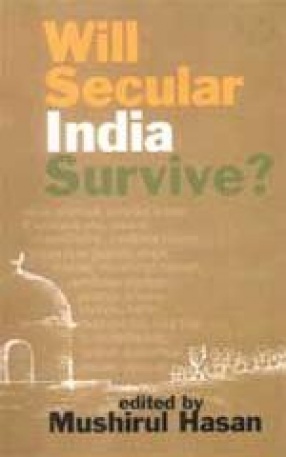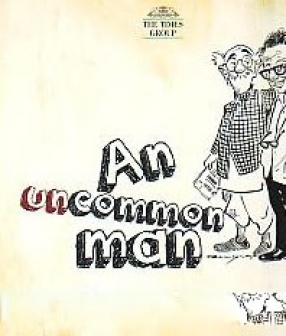In the past decade, militant Hindu nationalism has emerged as a dominant political force in India, and it looks set to stay in the absence of a credible challenge from centrist and left parties. The pursuit of an exclusivist agenda of ‘cultural nationalism’ (Hindutva) by the Bharatiya Janata Party, the Shiv Sena, and an assortment of other groups, that comprise the ‘Sangh Parivarâ€, is seen as a threat to India’s pluralist traditions. The liberal consensus that saw postcolonial India emerge as the only truly secular and democratic state in the subcontinent is now under threat. Religious minorities feel vulnerable in the wake of the widespread – and allegedly state-backed – communal violence in Gujarat in 2002 and the continuing campaign against Christian missionaries. They fear that their constitutionally guaranteed rights will be gradually eroded, and they will be reduced to second-class citizens for all practical purposes. Are these fears genuine? What is the actual condition of minorities under secular dispensation? In this book, some of India’s leading academics and commentators discuss the issues that are likely to determine the future of secular India. Examining the causes behind the use of Hindutva, this volume studies the role of secular parties and the Muslim leadership in precipitating what some believe is a Hindu backlash against a certain brand of secularism. It assesses the marginalization of minorities in education and jobs and how that has impacted on their place in the BJP’s intellectual agenda, and raises questions about the relationship between pluralism and political power in the context of minority rights.
The Story of The Moors in Spain
$47.70
$53.00





There are no reviews yet.